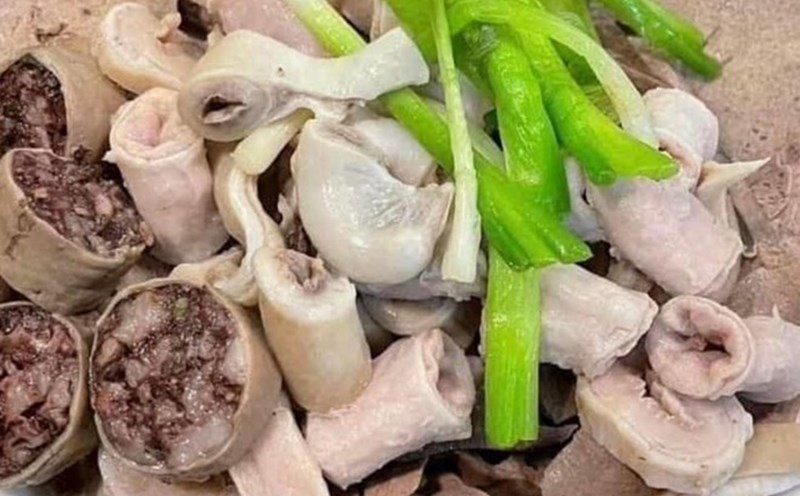Pumpkin seeds contain many essential nutrients such as magnesium, zinc, easy-to-digest protein and antioxidants.
In particular, this type of seed has a moderate potassium and phosphorus content, so if used in reasonable amounts, it is suitable for people with mild to moderate impaired kidney function.
According to a report by the National Kidney Foundation (NKF), pumpkin seeds are one of the few seeds that can provide plant protein without increasing too much of the metabolic burden on the kidneys.
At the same time, compounds such as phytosterols and omega-9 fatty acids in nuts also help reduce inflammation, a common factor in chronic kidney disease.
People with weak kidneys need to pay attention to the amount of sodium, potassium and phosphorus in food.
Pumpkin seeds, if not roasted with salt and eaten in moderation, are a good choice because they contain many antioxidants and are rich in magnesium, which can help regulate blood pressure and improve the function of the kidneys' blood filtration.
Anti-inflammatory, protect kidney cells: Carotenoids and vitamin E in pumpkin seeds help reduce inflammatory reactions, which are a factor that causes prolonged damage to the kidney tubes.
Stabilize blood pressure and blood sugar: Thanks to its natural magnesium content, pumpkin seeds help regulate blood pressure, a key factor in controlling and slowing the progression of chronic kidney disease.
Safety protein supplementation: With about 5g of protein in every 30g of seeds, pumpkin seeds are a good choice for people who need to limit animal protein but still have to ensure daily nutritional needs.
Patients should choose unsalted roasted pumpkin seeds or lightly dried fresh seeds, avoid salted or roasted butter seeds because they will increase sodium, which can increase blood pressure and retain water in the body.
Every day, people with weak kidneys can eat about 15-20g (equivalent to a small handful), should be used as a snack or mixed with salad, oatmeal congee, vegetable soup.
pure pumpkin seed oil is also a product that has been proven to be beneficial for the health of the urinary tract and bladder - parts closely related to the filtering function of the kidneys.
Although good, pumpkin seeds still contain phosphorus minerals that need to be controlled for people with weak kidneys in severe cases. Therefore, patients should consult a doctor or nutritionist for advice on the appropriate dosage.
At the same time, do not replace main food groups with nuts but only use them as a gentle supplement in a varied diet and control protein, salt and potassium well.











